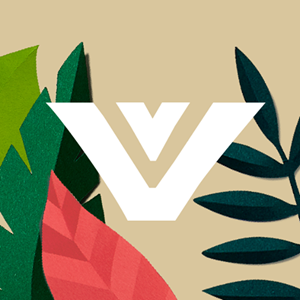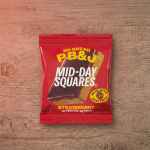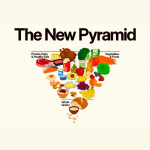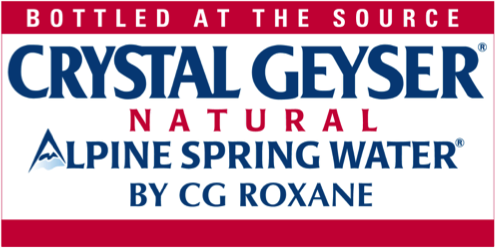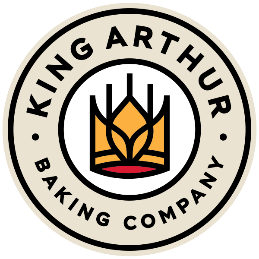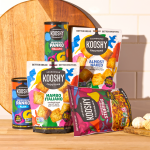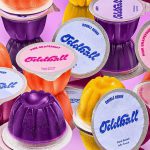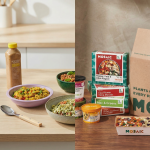Lavva, Plant-Based Yogurt, Sold to Gourmet Guru Founder Lichtenstein
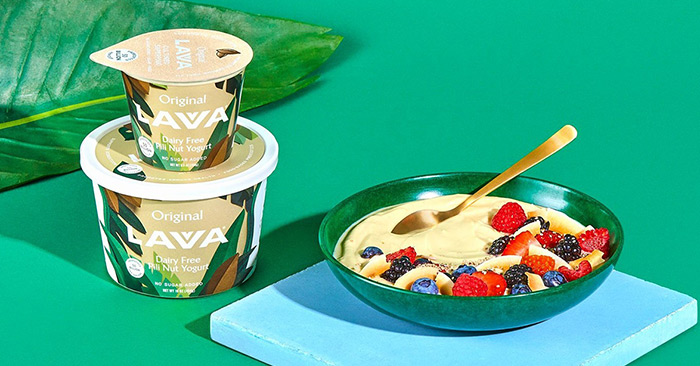
Investment firm and advisor Next In Naturals (NIN) has acquired the assets of plant-based yogurt brand Lavva.
Terms of the deal, which leaves NIN as the majority owner, were not disclosed.
David Heller and Art Wrubel, both minority investors in the Philadelphia 76ers, as well as David Blitzer, the Global Head of Blackstone’s tactical opportunities group, also took part in the deal. Moving forward, co-founder Elizabeth Fisher will serve as the company’s chief growth officer while NIN CEO Jeff Lichtenstein will pull double duty as the yogurt brand’s CEO, replacing Julie Wurfel, who has been CEO for the last year.
“[Lavva] just checks all the right boxes of what we’re looking for in terms of really super simply made and products that are better for you,” Lichtenstein said. “It’s got some wonderful, wonderful retail partners.”
Founded in 2017, Lavva produces a line of probiotic-enhanced, plant-based yogurts made from pili nut butter, cassava and coconut cream. The yogurts are sold in independent retailers, Wegmans and Northeast and SoPac Whole Foods locations. In February 2021 nut company Health and Plant Protein Group (HPP) invested $5 million into Lavva in exchange for 24% of the company. That deal gave HPP and returning investor S2G the controlling interest (60.5%) in managing Lavva.
Lichtenstein declined to comment as to the current status of S2G and HPP’s investments, citing an NDA, but noted the three have had “ongoing discussions” about future plans.
Fisher, HPP and S2G decided to seek a new owner, in part, because the Covid-19 pandemic “beat up” the brand, Lichtenstein said. In 2020 the company tried to diversify its offerings, launching pili-nut based sweet yogurts under a new “molten” line, as well as milks and creamers, but all expansion ultimately had to be scrapped in order to focus on the core products.
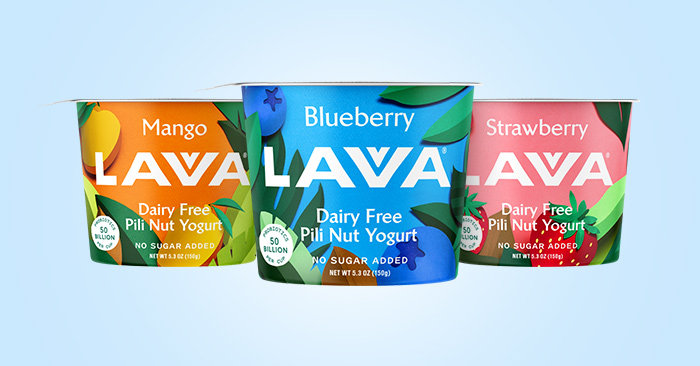
Lavva was the right fit for NIN, Lichtenstein said, because it had a compelling founder story, great taste, and aligned well with NIN’s strengths in operations and sales.
“I’m a bottom line, mission-driven kind of a guy,” he said of the company’s current financial status. “I absolutely see a path to profitability.”
Going forward, NIN will focus on the yogurt category, bringing new products to market in 2023, and plans to continue to place a strong emphasis on independent, natural and specialty retailers that can support the brand’s higher price point.
Lichtenstein has a track record in yogurt – and in natural and specialty retail. He was the previous owner of sales advisory firm and distributor Gourmet Guru, which was sold to UNFI in 2016, and claims to have been the first distributor of both the Fage and Chobani brands of yogurt, representing the brands from Maine to Maryland before they went national. He now believes the next big trend in yogurt is plant-based, comparing the alt-dairy yogurt set to the point of inflection fluid non-dairy milk was at years ago.
“There’s always people that want the best,” Lichtenstein said. “Health and wellness and better-for-you really got accelerated with COVID. So people will trade up like they will for their cars, except it’s a lot less expensive to do so on a daily basis.”
Unlike other plant-based categories, where a swap to a plant analog is often framed as a sustainability choice, the dairy category brings consumers who cannot consume animal-based products for health reasons. To appease both groups, yogurt makers large and small have been looking to plant-based options.
General Mills-backed Kite Hill has continued to add new almond-based offerings, with its portfolio now including unsweetened Whole30-compliant options, Greek yogurt and a higher protein line. Meanwhile, Siggi’s, which was acquired by Lactalis in 2018, debuted a plant-based option in 2019, expanding into plant-based yogurt drinks in 2021. Fellow dairy giant Danone not only acquired Harmless Harvest in 2021, which has a line of coconut-based yogurt, but also invested in alt-yogurt and dairy brand Forager Project in 2019.
Smaller brands like Culina, Anita’s and Nancy’s are also competing with a set of larger brands such as Chobani, So Delicious, Silk and even private label options.
There’s a reason for this interest. According to Innova Market Insights, in 2022 the total yogurt category, across non-dairy and dairy-based products, is expected to cross the $100 billion in sales globally for the first time. Roughly 25% of consumers globally now eat plant-based spoonable yogurt, the research firm found, and 22% consume plant-based drinking yogurt.
But while there are plenty of players, it appears plant-based may have a leg up. The Plant-Based Food Association and Good Food Institute found that in 2020, plant-based yogurt grew 20%, approximately seven times that of animal-based, “conventional” yogurt.
